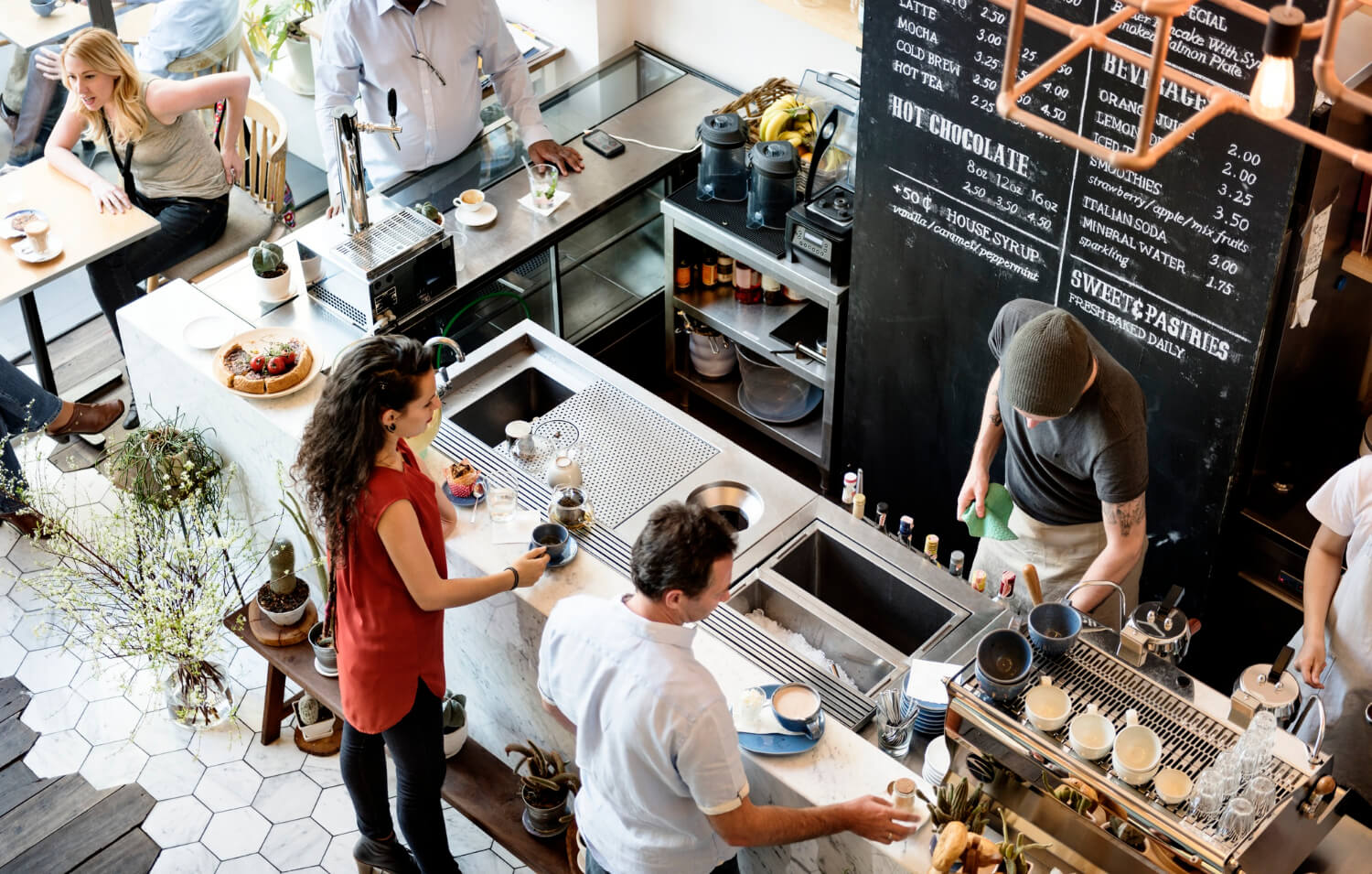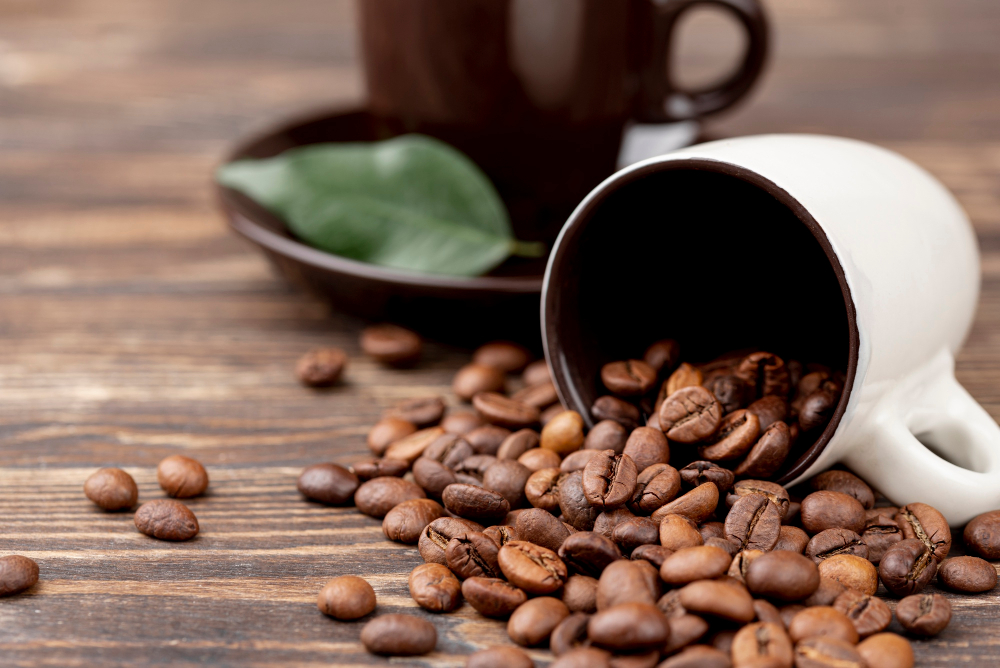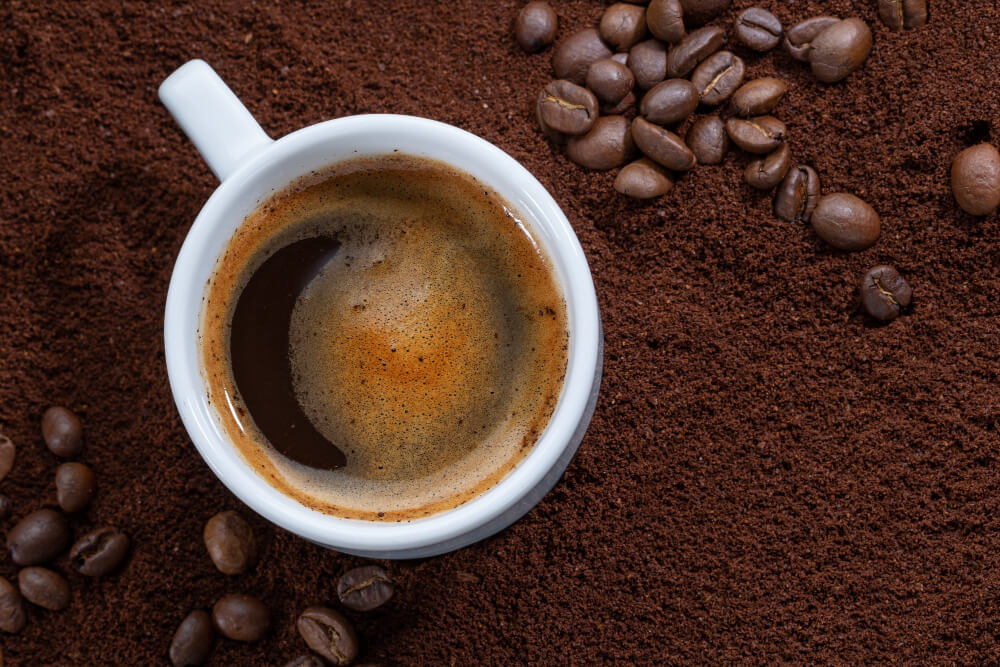
Coffeeless Coffee: Innovative Substitute or Mere Imitation?
Coffee has remained one of the most consumed beverages globally for centuries. Its allure lies partly in caffeine, which provides a stimulating effect, enhancing focus and energy levels for those who indulge in its aroma and taste.
Nevertheless, growing concerns surround the potential adverse effects of caffeine on our bodies. Consequently, coffeeless coffee has emerged as a solution for individuals seeking the flavor of coffee without the accompanying caffeine intake.
The domination of Coffee!
For over six centuries, dating back to the 15th century, coffee has been a cherished beverage. Originating in the Arabian Peninsula, it was initially consumed both as a drink and as an aid for concentration during religious practices. Its popularity quickly spread to various corners of the world, reaching Africa, Europe, India, and the New World.
The consumption of coffee has steadily risen, particularly during the 20th and 21st centuries. The proliferation of coffee houses and the diverse range of available flavors and varieties have contributed significantly to this surge.
Today, coffee shops abound globally, easily found on streets everywhere. Among the most renowned coffee chains that have made a significant mark worldwide are:
- Starbucks: This behemoth stands as the largest and most renowned coffee chain globally, boasting nearly 30,000 locations across more than 80 countries.
- Costa Coffee: Holding the second-largest position in the coffee chain market globally, Costa Coffee reigns as the largest in Europe, operating approximately 3,500 stores in 31 countries.
- Dunkin’ Donuts: Known for its coffee and delectable doughnuts, Dunkin’ Donuts maintains a robust presence with around 11,000 locations spanning 41 countries.
- Tim Hortons: Originating from Canada, Tim Hortons is a coffee and fast-food chain with a notable presence across 15 countries through its 5,000 locations.
- McCafé: As a subsidiary of McDonald’s, McCafé offers coffee and pastries and boasts over 5,000 locations worldwide.

Coffeeless coffee?
What is Coffeeless Coffee?
Coffeeless coffee is an innovative product aiming to replicate the rich taste and aroma of traditional coffee without utilizing any coffee beans. Crafted from upcycled ingredients like sunflower seed husks and watermelon seeds, it undergoes a specialized chemical process, yielding molecules that closely resemble those naturally found in coffee.
This alternative brew touts several advantages. It helps mitigate the environmental impact associated with coffee production, conserves water resources, and supports the sustainability of coffee farmers grappling with the challenges posed by climate change.
Key Differences:
The primary distinction between coffeeless coffee and conventional coffee lies in their sourcing. Coffeeless coffee steers clear of coffee beans, instead using chemically processed upcycled ingredients like sunflower seed husks and watermelon seeds. Conversely, coffee is derived from the dried, roasted, and ground seeds of the coffee plant, brewed with hot water.
Benefits of coffeeless coffee encompass environmental conservation, reduced bitterness, and fewer calories compared to regular coffee. However, some coffee enthusiasts may favor the authentic taste, aromatic nuances, and diverse flavor profiles imparted by different coffee beans and roasts, which also influence caffeine levels.
Ultimately, the choice between coffeeless coffee and traditional coffee hinges on individual preferences and values.
The Rationale behind Coffeeless Coffee:
The emergence of coffeeless coffee stems from various motivations highlighted by industry sources:
- Offering a comparable taste, aroma, and caffeine content akin to coffee while bypassing the use of coffee beans to moderate caffeine intake.
- Mitigating the substantial environmental impact associated with coffee cultivation, an industry known for its high carbon footprint.
- Addressing the repercussions of climate change that imperil the availability and quality of coffee beans, particularly the Arabica variety.
- Introducing a sustainable, eco-friendly alternative made from repurposed ingredients through roasting, fermenting, and brewing processes.
- Eliminating perceived drawbacks like bitterness and acidity that some individuals find disagreeable or detrimental in coffee.

Where to Purchase:
For those intrigued by this novel concept, these two brands with positive user feedback offer coffeeless coffee options:
- Minus Coffee: Specializing in beanless cold brew from upcycled ingredients, such as sunflower seed husks and watermelon seeds, this company prioritizes sustainability and shorter supply chains.
- Atomo Coffee: Crafting beanless coffee using natural and upcycled components like roots, seeds, and legumes, this company claims to match traditional coffee’s flavor and caffeine content while advocating for reduced carbon emissions, water conservation, and deforestation avoidance.
Will Coffeeless coffee change the way we consume coffee?
Coffeeless coffee is a relatively new invention, so it is hard to predict how it will affect the coffee consumption habits of people in the long term.
- Coffeeless coffee may become more popular as a sustainable and eco-friendly alternative to traditional coffee, especially among environmentally conscious consumers. Coffee production and consumption have a significant environmental impact, such as carbon emissions, water use, and deforestation. Coffeeless coffee, on the other hand, is made from upcycled ingredients that reduce waste and resource use.
- Coffeeless coffee may also appeal to people who are looking for health benefits from their beverages, such as lower acidity and bitterness, which can cause stomach problems or dental erosion for some people. Coffeeless coffee claims to offer a similar taste, aroma, and caffeine content of coffee, but without the negative effects of coffee beans.
- Coffeeless coffee may face some challenges in gaining acceptance and adoption among coffee lovers, who may be loyal to their favorite brands, varieties, and roasts of coffee. Coffeeless coffee may also have to compete with other alternatives, such as tea, herbal infusions, or energy drinks. Coffeeless coffee may also have to overcome some misconceptions or skepticism about its quality, safety, and authenticity, as some people may doubt its ability to replicate the flavor and experience of coffee.
These are some of the possible ways that coffeeless coffee may change the way we consume coffee. Of course, these are only speculations, and the actual impact of coffeeless coffee may depend on many factors, such as consumer preferences, market trends, availability, price, and innovation.

>> Food Pyramid 2023! What Changes? <<
>> 10 Best Fast Food For Weight Watchers. <<



